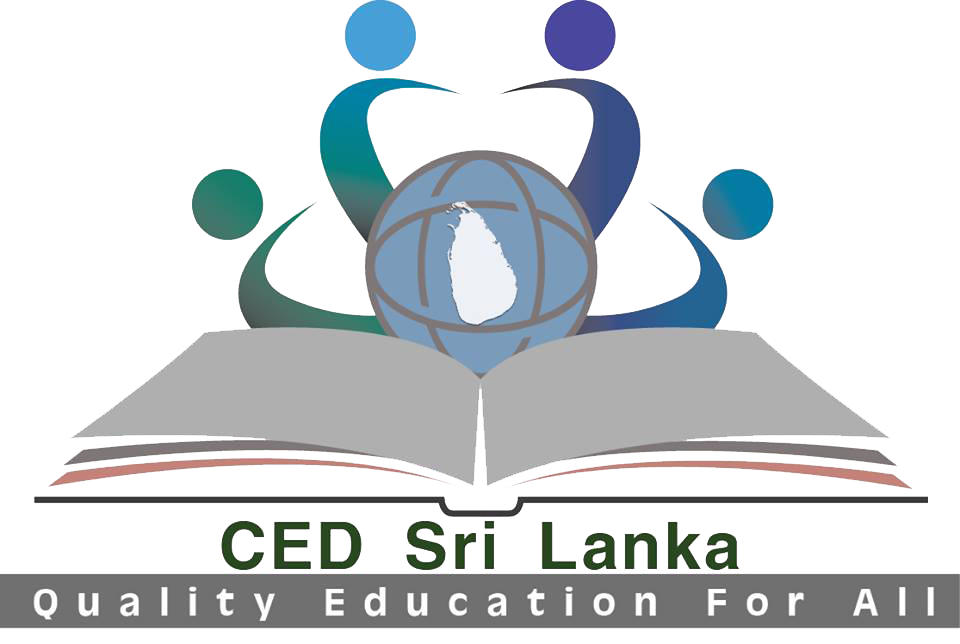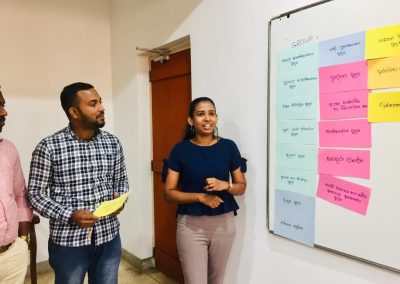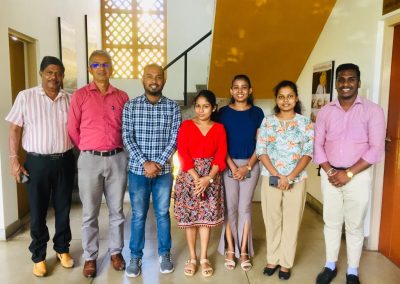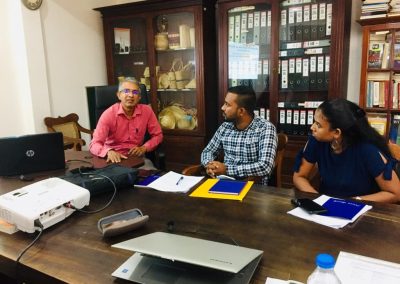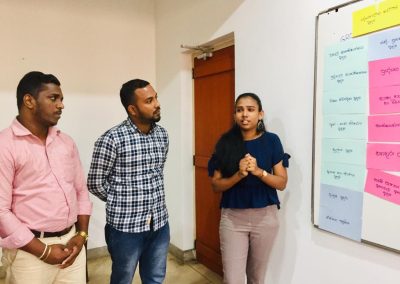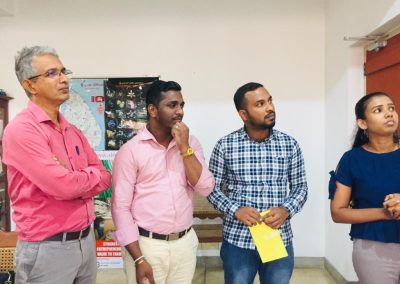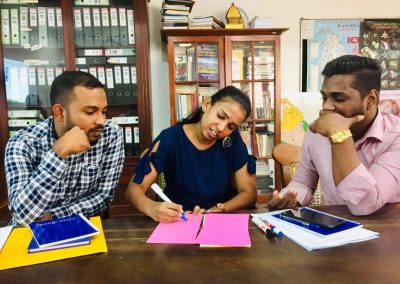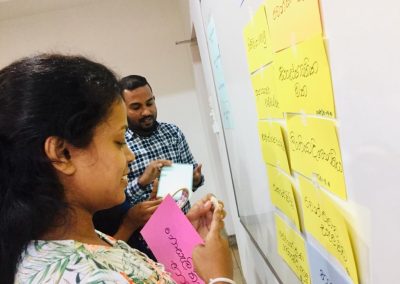Discrimination based on ethnicity, religion, sexual orientation, and other identity is a prevalent issue in Sri Lanka, especially within the educational system as Sri Lanka is a multi-ethnic and multi-cultural country. The Coalition for Educational Development (CED) has undertaken a Youth Action Research to observe this deeply rooted problem. This study has four primary objectives, as bellows; The research aims to
- gather comprehensive data on the prevalence of racism and identity-based discrimination.
- scrutinize the existing legal framework, policies, and government initiatives pertaining to combatting discrimination in education.
- investigate the social, economic, and psychological impact of discrimination on marginalized youth.
- develop actionable recommendations by collaborating with relevant stakeholders and affected communities to formulate policies, awareness campaigns, and community-based initiatives that can effectively combat racism and discrimination.
The target community of this study includes Tamil, Muslim, Sinhala, Disabled, Plantation, and LGBTIQ communities, reflecting the diversity of identities affected by discrimination in Sri Lanka.
Data gathered by conducting face to face interviews and as a part of this study CED conducted a deep analysis on government gaps in implementing policies. These issues include inadequate enforcement mechanisms, insufficient resource allocation, and limited outreach efforts. Unequal access to quality education for Tamil, Muslim, and Sinhala students, disparities in resources and facilities, biased curriculum content, and cultural insensitivity could be observed as issues encountered by marginalized youth in various education entities. Recommendations derived from the studies listed below.
- Train teachers and headmasters to respect ethnic and religious diversity and identify different sexual orientations.
- Strengthen evaluation and monitoring mechanisms to track discrimination incidents and teacher responses.
- Implement programs to raise awareness among children about diverse ethnic and religious identities
- Teach the importance of respecting others, regardless of physical appearance or social conditions, starting from preschool and continuing through formal education.
- Review and revise textbooks and curriculum content that may demean certain ethnic groups.
- Promote dignity and reconciliation in educational materials.
- Establish multi-ethnic/multi-religious schools to foster inter-community harmony.
- Implement national-level campaigns to promote equity and non-discrimination among teachers and students.
